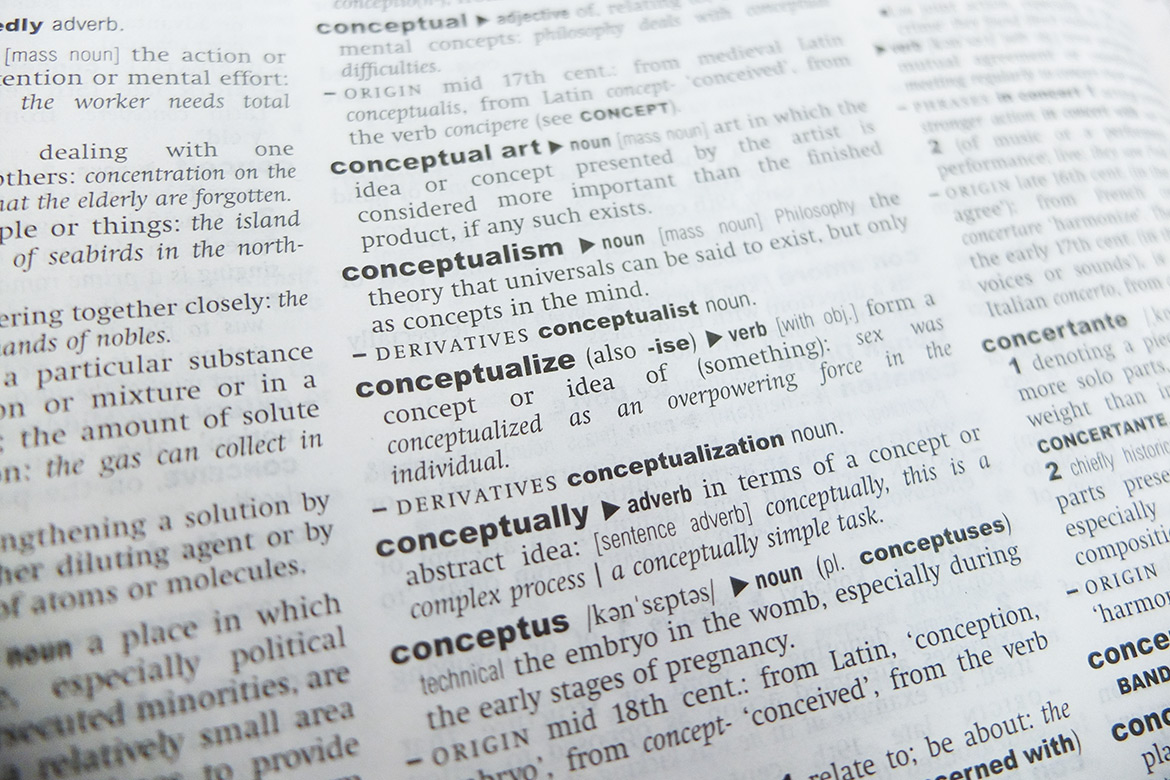CONCEPTS
Disruption
The idea behind the buzzword ‘disruption’ is often criticised for being destructive. But environmental researchers see it as an opportunity to replace old, harmful markets with new, sustainable markets.

Photo: Florian Fisch
‘Disruptive technologies’ became a buzzword in 1997 with the publication of the book ‘The Innovator’s Dilemma’ by Clayton M. Christensen of Harvard Business School. He was thinking of the flash drives that at some point replaced spinning hard drives. The concept became so popular that “many business leaders have come to view ‘disruption’ as a near synonym for ‘innovation’”, according to a blog written by Chan Kim and Renée Mauborgne of the INSEAD Business School in France.
The problem can be illustrated by a simple example. Uber forced traditional taxi companies out of the market and weakened the rights of drivers in the process. Kim and Mauborgne believe that disruption destroys markets and industries – and, consequently, jobs and societies too. They are therefore proposing a strategy that will open up new markets instead of simply undermining old ones. Researchers at the Finnish Environment Institute, on the other hand, believe that there are in fact opportunities offered by replacing what’s old and harmful with sustainable alternatives. In an article published in 2021, they wrote: “We argue that disruption as a concept can be of value, as the increasing urgency of transitions requires attention to disruption”.



